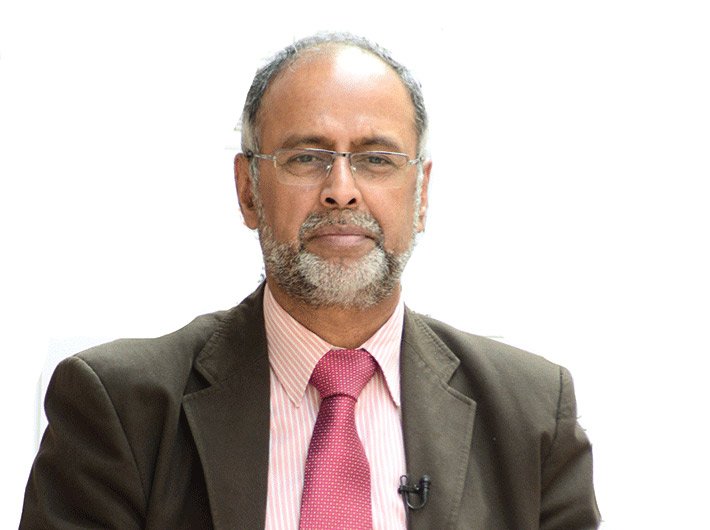Sudhir Krishna is the chairman of the sectional committee appointed by the Bureau of Indian Standards (BIS) on setting standards for smartcities. The committee is likely to submit its first draft by March. Krishna was previously secretary of the ministry of urban development (MoUD), the nodal ministry for smart cities mission.
What are the terms of reference for the committee?
BIS, as the national standards body (NSB), has created a new sectional committee for developing standards for smart cities. These will be voluntary standards in form of guidelines, which may be adopted by cities and other authorities across the country as per their requirements. The scope of standardisation under this new committee includes terminology, components, planning, design, integration, implementation, operation and maintenance and assessment.
What is the objective behind formulating standards?
The standards for smart cities would enable any city or civic authority to make efforts to improve its services in an objective and transparent manner, which will be at par with international practices. These standards would also facilitate comparison and evaluation of various smart cities.
What all areas are you covering for formulating standards?
The various dimensions of infrastructure, including physical (transportation, water supply, waste management, energy and lighting, housing, etc.), institutional, social and economic infrastructure would be covered. In the first phase, the parameters and indicators of smart cities are being developed on the lines of international standard ISO 37120.
Can you explain the whole process of standardisation?
The committee is attempting to formulate standards based on international standards suitably modified for Indian conditions and referring to the statutory requirements/guidelines of various statutory and expert bodies such as the environment authorities, recommendations of the Indian roads congress (IRC), bureau of energy efficiency in a cohesive manner.
Nine expert working groups have been formed covering different aspects of a smart city. The preliminary draft approved by the committee shall be issued for wide circulation for eliciting public comments across India, including from the states and the local bodies. The committee shall examine the comments to finalise the draft and send it for notification.
How do you ascertain credit worthiness of cities?
The standards would facilitate the cities to make the infrastructure projects in an objective and measurable framework, as per internationally established practices. That would enable financial institutions evaluate the credit worthiness of individual projects and would also enable undertaking such projects in public-private partnership (PPP) or similar mode. The standards would also facilitate determination of financial status of the cities in absolute as well comparable frameworks.

